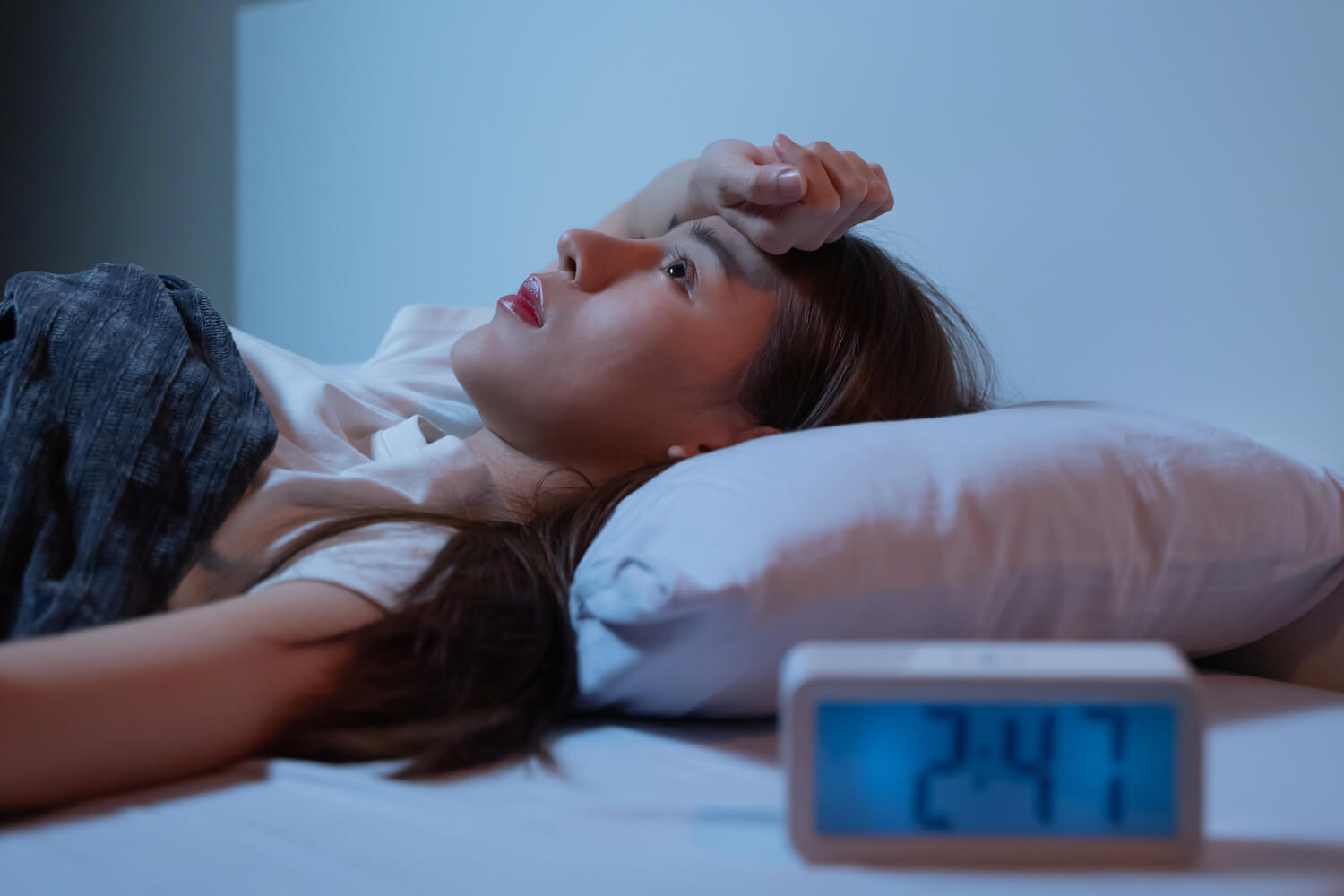Same Day, Weekend, and Evening Appointments Available!

Election season can be an intense and emotionally charged time for many people. With constant news coverage, social media debates, and the weight of critical issues at stake, it's no wonder that political events can become a significant source of stress and anxiety. At Louis Laves-Webb, LCSW, LPC-S & Associates, we understand how election-related stress can affect your mental and physical health, particularly your sleep and overall well-being. In this blog post, we explore the impact of election stress on sleep and health and provide strategies to manage anxiety during these turbulent times.
Election stress refers to the anxiety, worry, or tension that individuals may experience during political campaigns, debates, and voting periods. This stress can stem from a variety of factors, including:
Learn more about election stress in this post from our blog.
Sleep is essential for maintaining physical and mental health, and disruptions to sleep can have a ripple effect on overall well-being. Election stress can significantly impact sleep quality and quantity in the following ways:
Anxiety related to the uncertainty of election outcomes can lead to racing thoughts and excessive rumination, making it difficult to fall asleep or stay asleep. Individuals may find themselves lying awake at night, replaying news coverage, or worrying about potential consequences.
Stress can disrupt the body’s natural sleep-wake cycle, leading to irregular sleep patterns. This may result in difficulty falling asleep, waking up frequently during the night, or waking up too early without feeling rested.
The physiological effects of stress, such as increased heart rate, muscle tension, and heightened alertness, can interfere with the body’s ability to relax and enter a restful state. This can lead to poor sleep quality and contribute to daytime fatigue.
High levels of stress and anxiety can trigger nightmares or vivid dreams, which can further disrupt sleep and leave individuals feeling unrested and emotionally drained upon waking.
Beyond its impact on sleep, prolonged election-related stress can have broader implications for mental and physical health.
Chronic stress can contribute to the development or exacerbation of anxiety and depression. When stress becomes overwhelming, it can negatively affect mood, cognitive function, and overall mental health.
Stress has been shown to suppress the immune system, making individuals more susceptible to illnesses. During high-stress periods, individuals may experience an increased frequency of colds, infections, or other health issues.
Stress can manifest physically, leading to symptoms such as headaches, gastrointestinal issues, muscle tension, and high blood pressure. Prolonged stress can increase the risk of more serious conditions such as heart disease.
Election stress can also strain personal relationships, especially when friends or family members hold differing political views. This can lead to conflicts, feelings of isolation, and difficulty maintaining healthy social connections.
At Louis Laves-Webb, LCSW, LPC-S & Associates, we are here to support you through challenging times. If you are struggling with election-related stress, anxiety, or sleep disturbances, our compassionate therapists are available to help you develop healthy coping strategies, manage your stress, and maintain your well-being. We offer election stress counseling to help Austin residents get through stressful times as it relates to election cycles.
Contact us today to schedule a consultation and learn how we can help you navigate stress and prioritize your mental health during this election season.